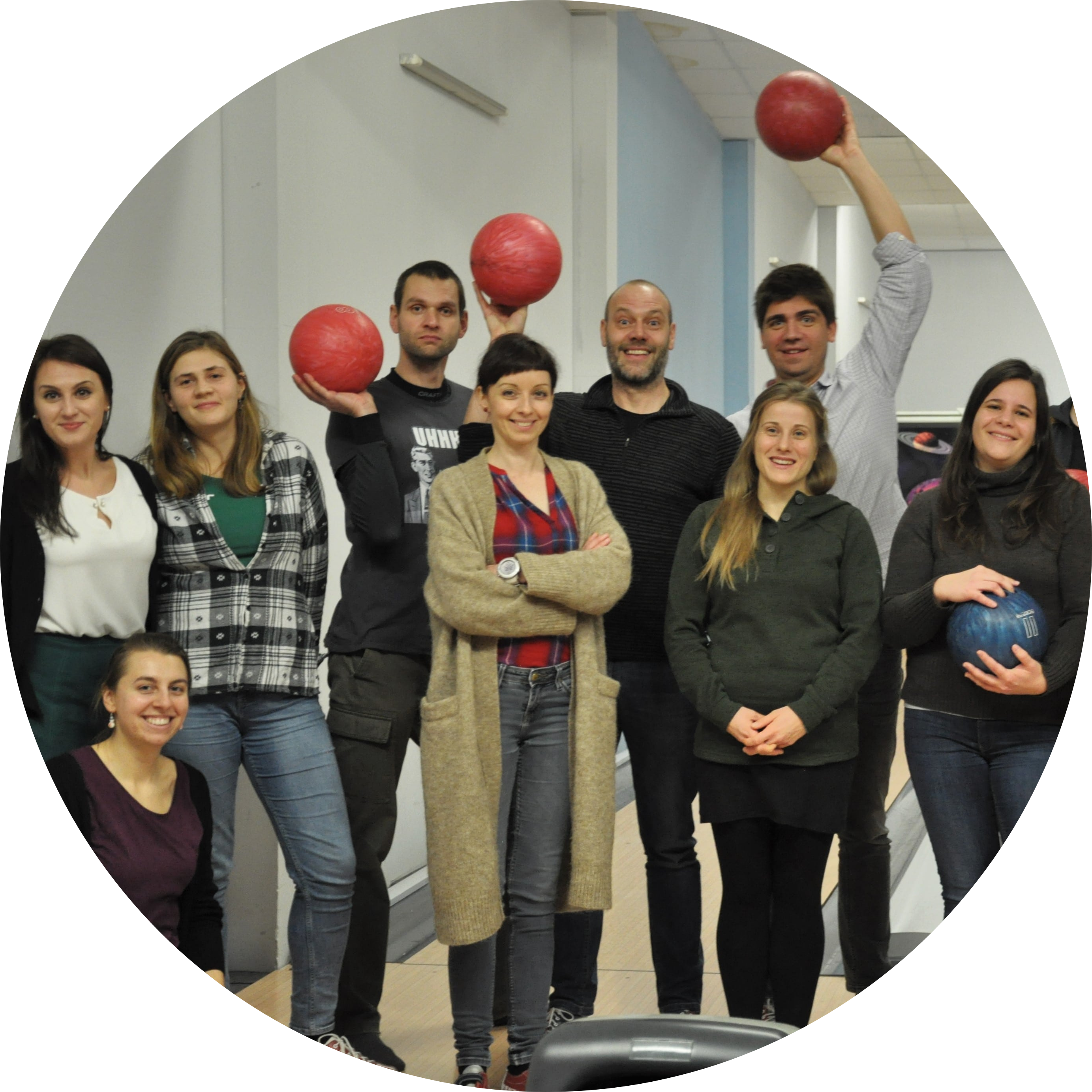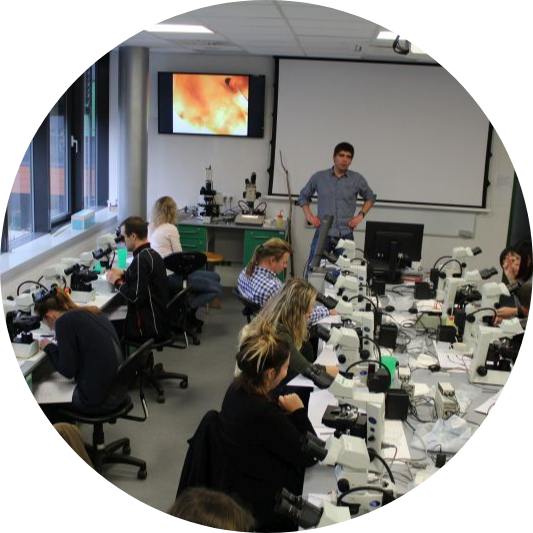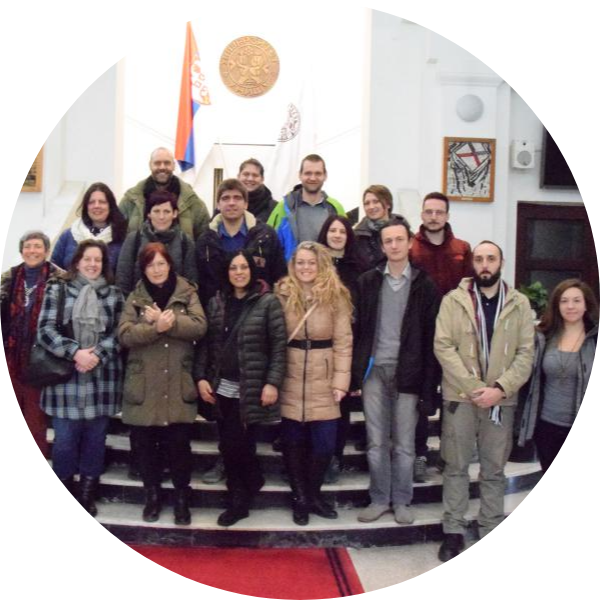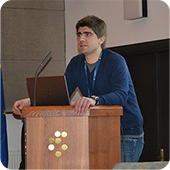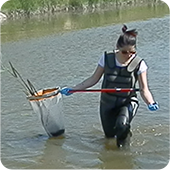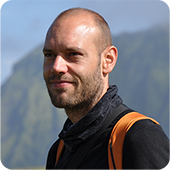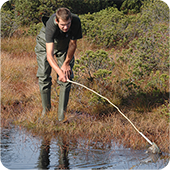Dear Colleagues,
We are pleased to announce that the next EWCIM workshop will be held at the Institute of Zoology, Slovak Academy of Sciences, in Bratislava, Slovakia, from January 27th to 31st, 2025.
The intense five-day workshop will include introductory lectures on ecology and morphology of chironomid larvae, demonstrations, and practical sessions, tailored to participants with varying levels of knowledge. The program will focus on the most common subfamilies, Tanypodinae, Diamesinae, Orthocladiinae, and Chironominae, covering both theoretical and practical aspects. An international team of chironomid specialists will guide participants through essential identification techniques, including larvae handling, slide preparation methods, and recognizing morphological characteristics.
Registration and payment deadline is 30th November 2024
To register for participation, please send your data to: dubravka.cerba@vuvh.sk
When applying, please provide the following data:
e-mail:
Name of the organization (if applicable):
Address of the organization (if applicable):
Bank details:
IBAN:
Tax ID:
VAT Number:
The participation fee of €500 (+bank transfer expenses) includes the course, training materials, coffee breaks, lunches for all five training days, and the closing dinner.
Payment information:
Bank: Štátna pokladnica, Radlinského 32, 810 05 Bratislava
Account number: SK08 8180 0000 0070 0066 4925
SWIFT CODE: SPSRSKBA
Payment reference number (VS): 27012025 (date of conference)
Comment: EWCIM 2025 + first and last name of the participant
For more details on previous workshops and additional information, please visit website: http://www1.pmf.ni.ac.rs/pmf/ewcim or contact us via e-mail.
Your instructors:
Dubravka Čerba, Ladislav Hamerlík, and Djuradj Milošević
